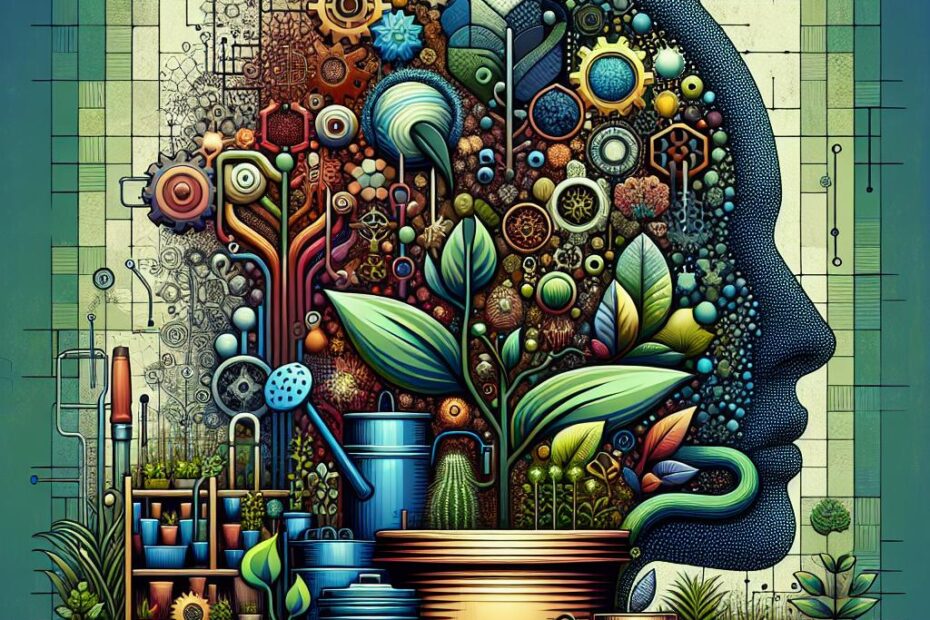The Best Soil for Containers: A Comprehensive Guide
When it comes to container gardening, one of the most important factors to consider is the type of soil you use. The soil in your containers plays a crucial role in the health and growth of your plants. In this article, we will explore the best soil options for containers, as well as provide some practical tips and benefits to help you achieve a successful container garden.
Why is the Right Soil Important for Container Gardening?
Plants grown in containers rely solely on the soil provided to them for nutrients, water, and support. Unlike plants in the ground, container plants have limited access to nutrients and water, which makes the soil quality even more critical. The right soil will provide a healthy environment for plants to thrive, while the wrong soil can lead to stunted growth and poor health.
Benefits of Using the Best Soil for Containers
- Improved drainage
- Optimal nutrient retention
- Enhanced root development
- Reduced risk of pests and diseases
Choosing the Best Soil for Containers
When selecting soil for your containers, there are a few key factors to consider:
1. Texture
Good container soil should have a balance of fine particles for water retention and coarse particles for drainage. A mix of peat moss, perlite, and vermiculite is a popular choice for container gardening.
2. Nutrient Content
Look for soil mixes that contain organic matter such as compost or aged manure, which provide essential nutrients for plant growth. Additionally, adding a slow-release fertilizer can help maintain nutrient levels over time.
3. pH Level
Most plants prefer slightly acidic soil, so it’s important to choose a soil mix with a pH level between 6.0 and 7.0. You can test the pH level of your soil using a pH testing kit available at garden centers.
Best Soil Options for Containers
There are several soil options available for container gardening, each with its own advantages:
| Soil Type | Advantages |
|---|---|
| Potting Mix | Lightweight, well-draining, and nutrient-rich. |
| Topsoil | Provides a solid base for container plants. |
| Compost Mix | Rich in nutrients and beneficial microorganisms. |
Practical Tips for Using the Best Soil for Containers
- Choose a container with drainage holes to prevent waterlogging.
- Regularly check the moisture level of the soil and water accordingly.
- Consider adding a layer of mulch to retain moisture and prevent soil compaction.
Conclusion
Choosing the best soil for containers is essential for the success of your container garden. By selecting a high-quality soil mix with the right texture, nutrient content, and pH level, you can provide your plants with the ideal growing environment. Follow the practical tips provided in this guide to ensure your container garden thrives and produces healthy, vibrant plants.
